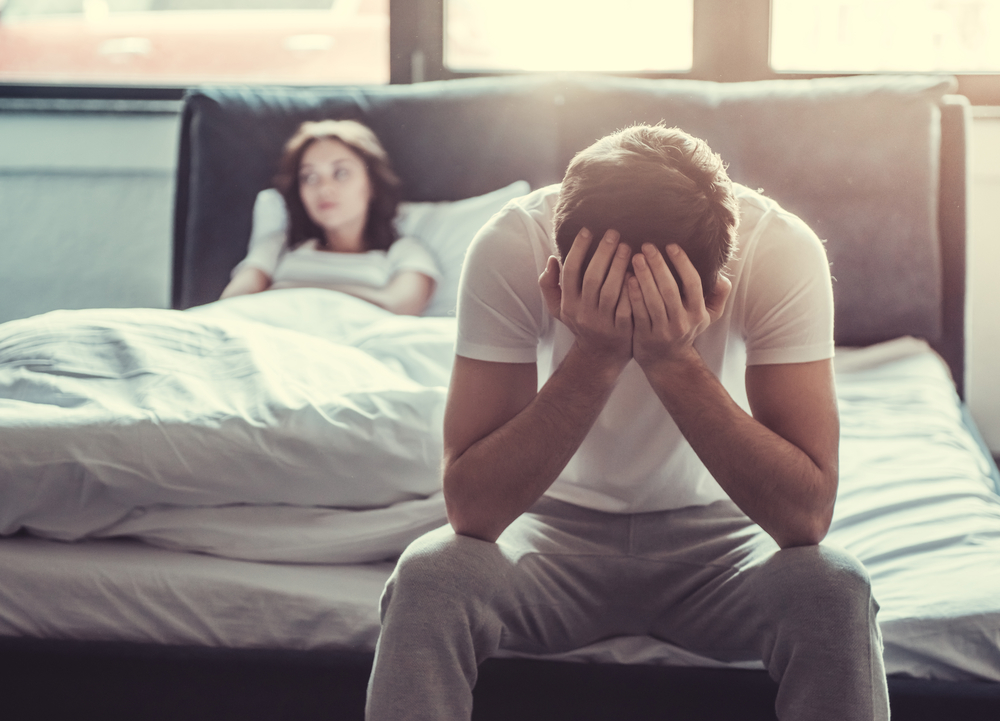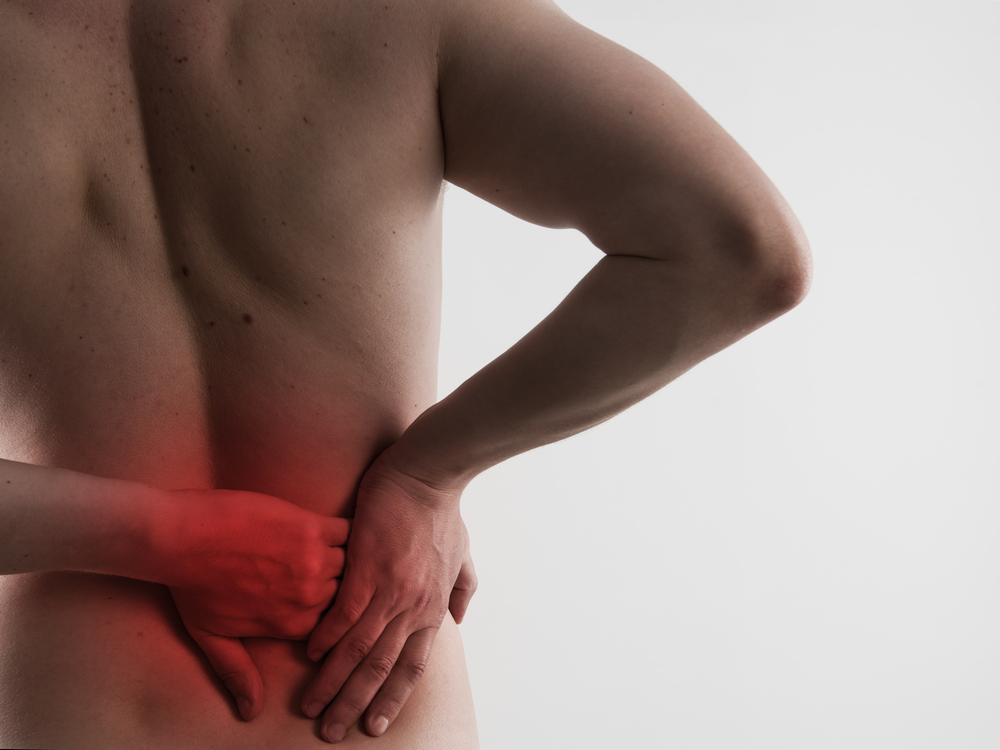The inability to get or maintain an erection for a pleasurable sexual intercourse is called impotence. Also known as erectile dysfunction, it affects a lot of men today, and is caused by a variety of factors. It can be a short-term problem that is easily treatable, or a long-term concern that drastically affects your life.
Who is at risk of impotence?
Did you know that there are 150 million men on earth who are dealing with impotence, and about 30 million of them are in the United States? Whether you are in your 20s or a senior, you are not safe from this erectile problem. However, there are certain groups that have higher odds of developing it than the rest of the male population. Below are factors that increase your risk level of erectile dysfunction:
Age
As you grow older, your risk of impotence becomes higher. From about age 40, the first signs and symptoms may manifest, so you should see a doctor right away to figure out the primary cause of your erectile problem, and find the appropriate solutions for it.
Certain health problems
There are several illnesses and diseases that can affect your erectile functions. For example, if you have high blood pressure, high cholesterol, hardened arteries, and other cardiovascular problems, the blood flow to your penis is impaired, making getting hard difficult. It is important that you talk to your doctor as soon as possible to get your heart back in shape.
Certain medications
There are some medications that may contribute to erectile dysfunction. Examples are drugs for blood pressure management, such as hydrochlorothiazide and propanolol; antidepressants and anti-anxiety drugs, such as fluoxetine and amoxipine; prostate cancer medicines, like flutamide and leuprolide; chemotherapy drugs, such as busulfan and cyclophosphamide; and Parkinson’s disease meds, such as biperiden and levodopa. If you are taking any of these drugs, and are noticing a decline in your erectile performance, you should pay your doctor a visit so that they can find a different medication for you.
Emotional and psychological problems

If you are always stressed out because of work, school, family, or just everyday life, you may suffer from reduced sexual desire and poor performance in the bedroom. If you have anxiety, depression, and other mental health issues, getting and maintaining an erection during intimate moments may be a problem too. To fix these, you should find a therapist to talk about your psychological impotence.
Unhealthy habits
Smoking, drinking, and overeating are the common culprits of a lot of health problems, including erectile dysfunction. These habits are not good for the body, and they only introduce harmful substances to your organs and systems. They can damage your heart, brain, lungs, and other vital organs, and prevent you from having a healthy body and satisfying sex life.
How do you know if you have impotence or erectile dysfunction?
The common signs and symptoms of impotence or erectile dysfunction are as follows:
- Inability to get an erection sometimes
- Can get an erection, but cannot keep it long enough to have satisfying sex
- Inability to get an erection at every single sexual encounter
What are the common causes of impotence or erectile dysfunction that men should know?
There is a long list of things that can lead to impotence or erectile dysfunction. They can be physical health problems, injuries, medications, or lifestyle choices.
1. Type 2 diabetes
The most prevalent type of diabetes, type 2 diabetes is a medical condition that stems from high blood glucose or blood sugar levels. It can affect men and women of all ages, but is most common in people aged 45 years and older. It usually strikes those who are overweight or obese, or have a history of diabetes in the family.
To manage type 2 diabetes, eating healthy and quitting smoking are necessary. You should remove junk, sugary, and fatty foods from your meal plans, and replace them with fruits and vegetables. You should also stop smoking, as the substances found in cigarettes and tobacco have no benefits to offer your body.
Failure to create and follow a good and healthy diabetes plan can put you in more serious danger, increasing your risk of other health problems, such as nerve damage, stroke, heart disease, kidney disease, eye disease, foot problems, and erectile and reproductive problems.
2. Heart and blood vessels problems
Around 70% of the physically-caused erectile dysfunction cases are due to heart and blood vessels problems. Atherosclerosis (or the hardening of the arteries), high blood pressure (or hypertension), and high cholesterol are examples of these conditions.
If you suffer from any of the above, the blood flow to the different parts of your body, including your penis, is restricted, causing difficulties in getting or keeping an erection.
For good erectile health, lessen your fat and fried foods consumption, eat a healthy and balanced diet, exercise, and quit smoking.
3. Chronic kidney disease

Your kidneys have to be in excellent condition to be able to filter blood that is regulated in your body. If they are damaged, your body will start to deteriorate and experience different problems, including issues in your sexual and reproductive functions.
Usually, people who have diabetes and high blood pressure levels are likely to develop chronic kidney disease, especially if they continue with their unhealthy habits. To effectively manage kidney disease, you are strongly advised to eat healthily, lose weight, exercise, and live a healthy lifestyle, along with taking the prescribed medications your doctor has prescribed.
4. Prostate cancer treatment
Many men who have had prostate cancer and undergone prostate cancer treatment have reported erectile issues after their treatment. Because the blood vessels and nerves around the prostate gland area are extremely delicate, exposure to even the smallest trauma due to surgery or radiation therapy can drastically change them.
Some common post-treatment side effects of prostate gland treatment include decreased libido, inability to get a firm erection, difficulty achieving an orgasm, and minimal or zero ejaculate.







